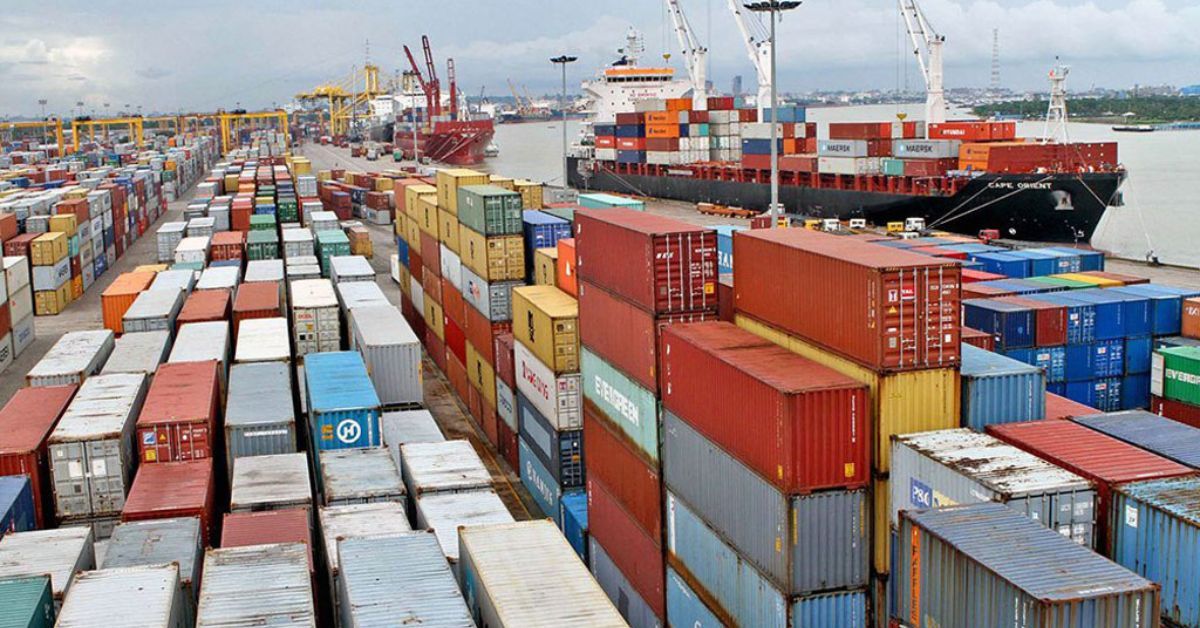Four cargo ships left Chattogram port, leaving behind 1,756 empty and export containers, disrupting the shipment schedules of 5,000 containers, while an additional 5,000 containers of imported goods piled up in the port yard during a three-day transport strike.
Both export container entry and the delivery of imported goods came to a standstill at the maritime gateway, which handles over 90% of the country’s international trade volume and 98% of its container traffic. Meanwhile, prime mover (lorry) and trailer workers have returned to work after a three-day strike followed clashes at Faujdarhat DC Park of Sitakunda after the strike was lifted.
Businessmen reported severe impacts on both exports and imports due to the work stoppages, which caused delays in shipment schedules, longer ship turnaround times and rising storage costs. Workers’ actions, combined with administrative negligence, stalled goods transport, leading to further losses. Export goods, such as clothes and other industrial products, are typically brought to 19 private depots in Chattogram, where containers are loaded on to ships bound for transshipment ports like Singapore and Colombo, before reaching Europe and America. Garment exporters expressed concern that delays in loading goods could lead to missed deadlines, discounts and shipment cancellations, causing significant losses.
According to Saif Powertech, the terminal operator at Chattogram Port, four ships left on 7 and 8 February without taking 839 TEUs of export containers and 917 TEUs of empty containers. With around 10,000 goods vehicles, including 7,000 prime movers, operating on the Dhaka-Chattogram Highway, any stoppage causes severe traffic jams that take days to clear.







